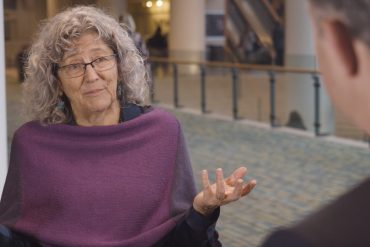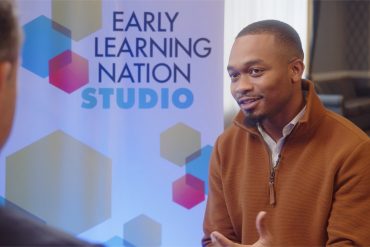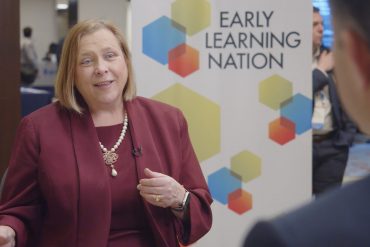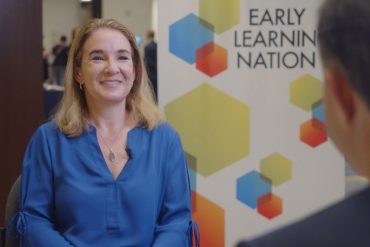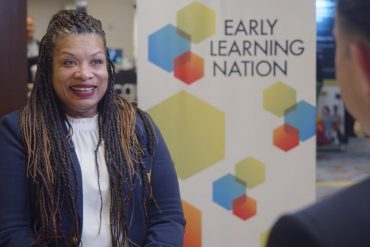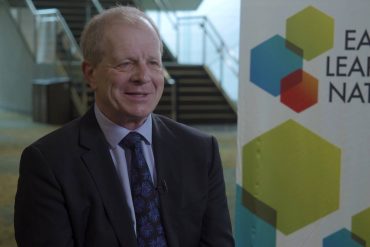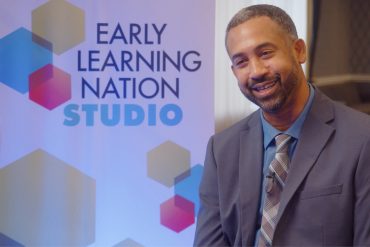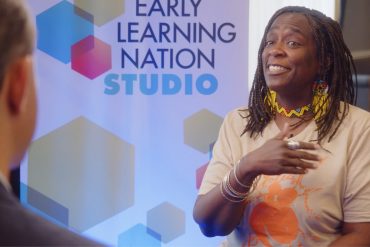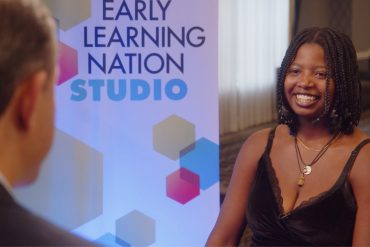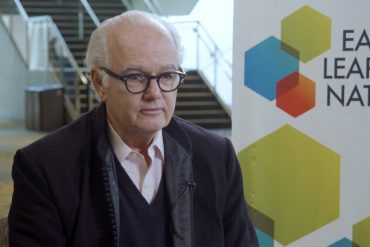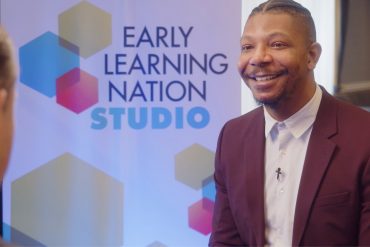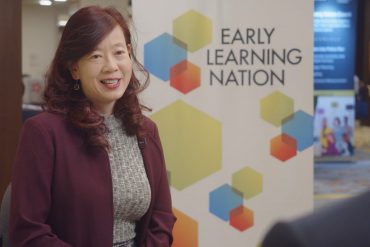How do can the children’s individual identities evolve naturally and fully in the face of stereotypes that can often plague our communities and societies? As Julie Olsen Edwards, author ‘Anti-Bias Education for Young Children and Ourselves’ explains, some of that help can come from teachers – and how they think about their curriculum.
Kamren Rollins wears multiple hats, serving as BCDI-DC President and COO of the Southeast Children's Fund. Both roles, however, share the same mission: Advancing opportunities for greater learning among—and enhancing development opportunities for—D.C.’s children, from the classroom to wraparound services.
Kathy Maness has observed and engaged in education from many directions: as a teacher, executive, NLC President, Lexington (SC) City Councilmember and a parent. She knows how difficult Covid has been on early education, including young learners who had to start school without entering an actual classroom. That’s among the reasons Maness calls for local elected officials and communities to lift up their teachers to provide the support needed to build America’s early learning programs to full strength.
One way to improve education: communication. For Pinecrest (FL) Vice Mayor Katie Abbott, that means not only regularly connecting with the school board, but also with students. Abbott co-coordinates the Pinecrest Youth Advisory Council, a group of 24 students in grades 8-12 across public and private schools who engage in government, volunteering and education, tackling issues from the environment to preparing for college.
One of the Kelly Allen Grey’s first actions as a Fort Worth (TX) City Councilmember was to secure a children’s library for her district. That success was just one part of her journey to help drive racial equity in education, starting with early learning. As Grey says: “It takes all of us, even in our uncomfortableness in talking about race and equity, to make sure that we're doing the right thing.”
How and why do children become aggressive – or even violent? How can we understand the true causes – and recognize the signs – before they take hold? Kenneth A. Dodge, Pritzker Professor of Public Policy at Duke University explains the important research that can help children and families. Filmed for Early Learning Nation’s Mobile Studio at the Society for Research in Child Development’s biennial meeting in Baltimore, MD, on March 22, 2019. #SRCD19
How do you ensure that Eight Essential Outcomes for Black Child Development get to communities, schools, educators, leaders, researchers, policymakers and parents anywhere—or everywhere—in the U.S.? Build a National Village Network, explains NBCDI’s Director of Community Engagement.
BCDI-Seattle has been advocating for local children and their families around public policy, education and change for 50 years. The many tactics that President Kimberly Early and her colleagues have put into place include a parent hotline where families can get immediate help and guidance when navigating school issues, including the challenge of suspensions and expulsions of Black students.
Kumani Bey may still be in high school, but her art—using words, filmmaking and more— is giving voice to multiple causes and making impact across all ages. Kumani joined the NBCDI Conference as a Youth Speaker to highlight America’s technology gap and its impact on Black children.
According to NYU University Professor Lawrence Aber, poverty and violence are the two most toxic challenges for child development – areas he has researched from the U.S. to Africa and the Middle East. Regardless of location, children can experience poverty and violence in difference ways and levels. Aber explains the research, tools and tactics required to give children the best opportunities for successful development. Filmed for Early Learning Nation’s Mobile Studio at the Society for Research in Child Development’s biennial meeting in Baltimore, MD, on March 22, 2019. #SRCD19
Dr. Lee Johnson III doesn’t just run NBCDI’s Policy Fellowship program, he graduated from it. Now, with a new cohort who joined the18-month program, Dr. Johnson and his colleagues are advancing “Breakthrough Action Leadership” that focuses on growing responsive, self-reflective leaders. As well, the group is addressing the climate and environmental concerns that also affect early childhood development in many communities.
As Fremont (CA) Mayor Lily Mei notes, for four of the past five years, Fremont has been listed as the happiest city in the U.S. The city also boasts incredible diversity, drawing families across multiple backgrounds and a range of languages. One area where that diversity pays off is in education. With some 35,000 kids and 42 schools, Fremont has focused on building new early learning centers, high-ranking schools and equitable access, including with special-needs pre-K programs.


